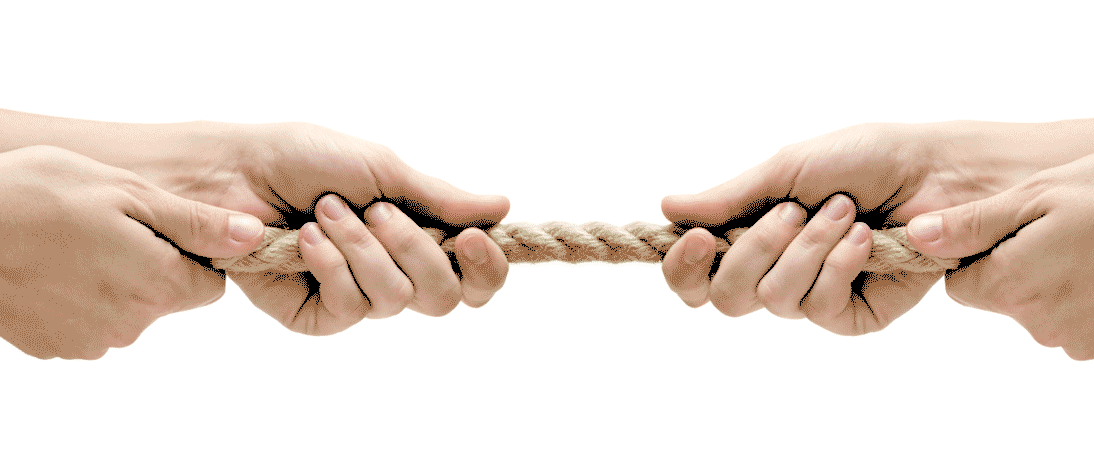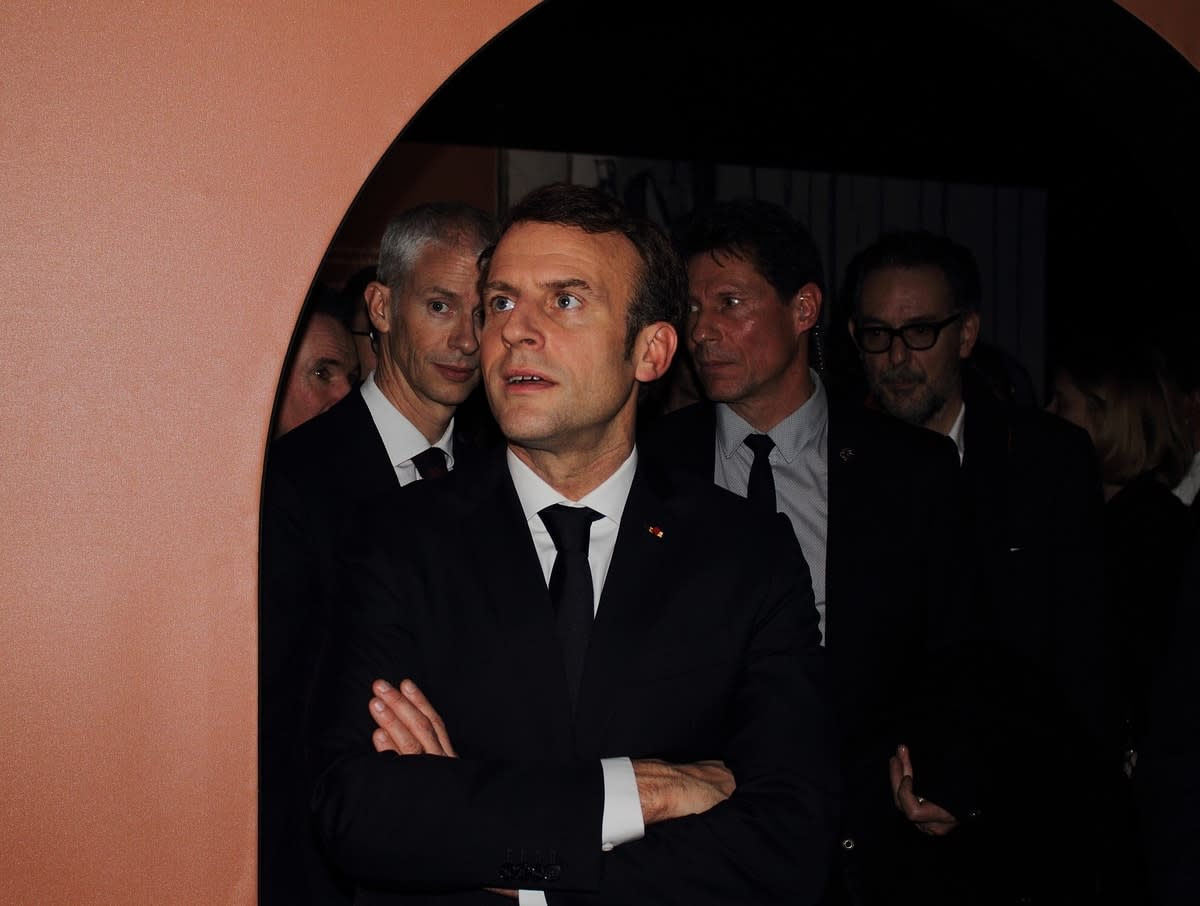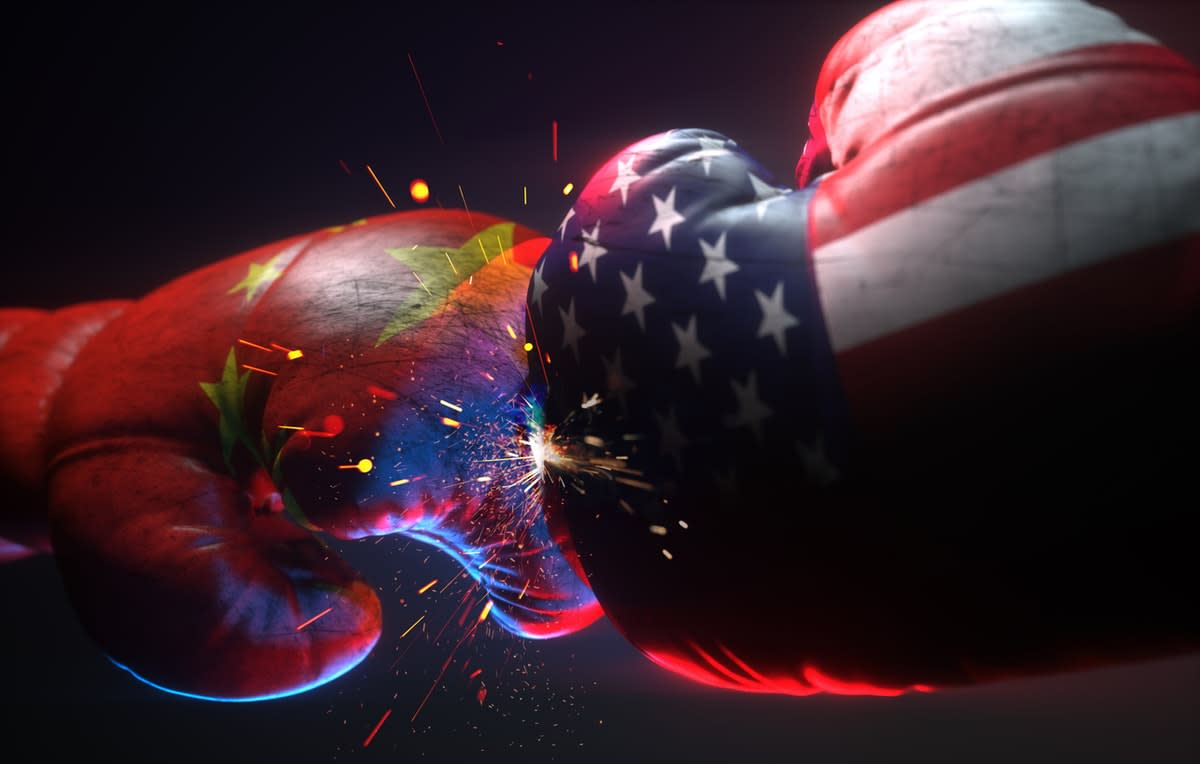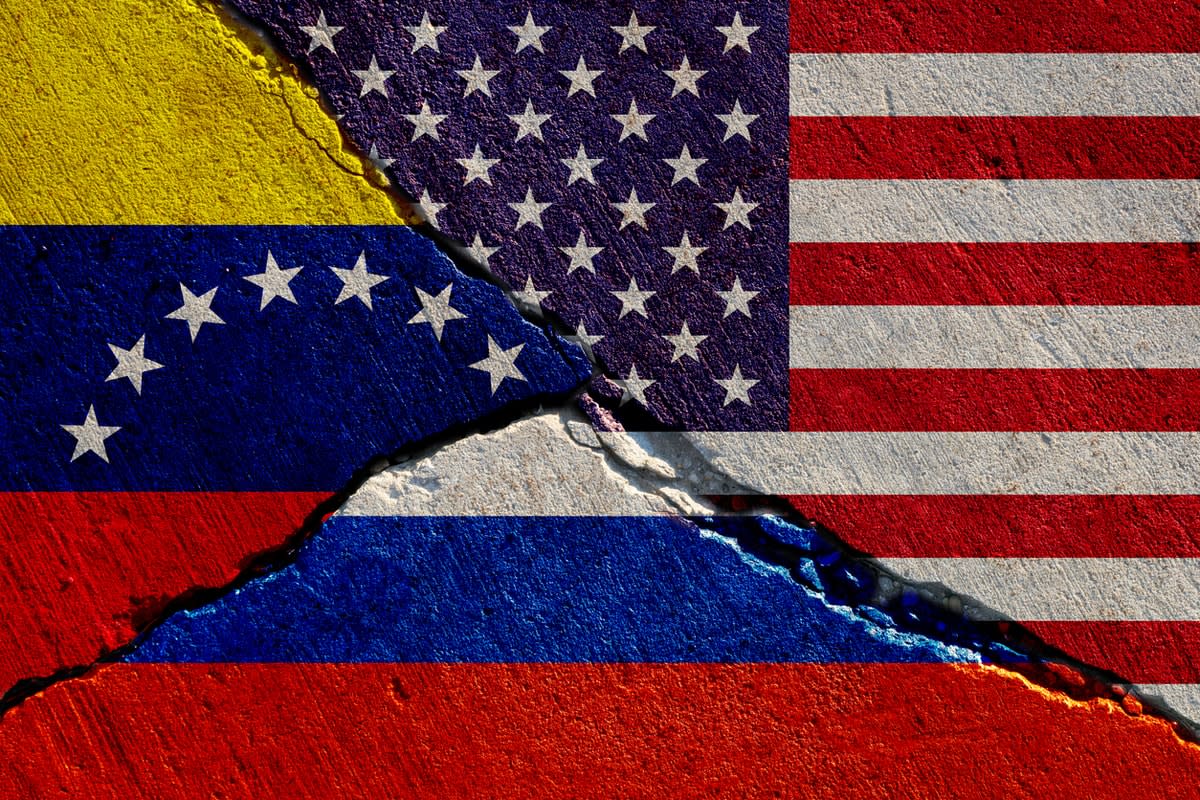
COVID-19 is steadily making its way around the world. It seems that no economy or society is immune. The impact it’s having on the world economy appears to be stark.
But there’s an important and overlooked element to this insidious virus: the geopolitical dimension. With the COVID-19 situation rapidly unfolding, this piece considers how it might impact international relations. If there’s such a thing as certainty in these uncertain times, it’s that the game of great power rivalry will continue. The instability wrought by the pandemic will be exploited in some quarters.
This may prove to be the time when the great powers act in concert to find solutions to the virus, and stem the damage it’s inflicting. Sadly, it doesn’t yet seem likely.
However, there are lessons to heed from the past that shouldn’t be forgotten.
As global economies continue to shrink, it follows that international relations will be tested. Why? For a start, one has only to look back to the 1920s and 1930s to see how stunted economic conditions paved the way for nationalism and self-interest. It follows that today, domestic polities may similarly feel the strain of unexpected economic hardship and ensuing unemployment. These are conditions in which nationalism and international troubles have previously slowly developed.
Russia’s economy will be severely tested by plummeting oil prices, a move it precipitated against Saudi and US oil businesses. China’s economy is faltering, with a shrunken manufacturing base choking off export revenues. The United States is facing difficulties as its markets crash and the pandemic takes hold. In the year of a presidential election, prolonged economic decline will almost certainly play out politically.

Surely mindful of this, Trump is taking a strong and optimistic line. After all, no great power would express weakness or vulnerability in a time of crisis. They want to maximise their relative positions and make gains against would-be competitors. This means Russia, China and the US will be watching very closely how the pandemic comes to impact the strategic environment.
But don’t expect any leader to discuss it. The Europeans, eager to be seen as the fourth big player in the game, have their own pressing issues to deal with, which will act as a brake on any plans to realise French President Emmanuel Macron’s vision of a more sovereign Europe.
Perhaps I’m wrong. This may prove to be the time when the great powers act in concert to find solutions to the virus, and stem the damage it’s inflicting. Sadly, it doesn’t yet seem likely.
It’s an election year in the US, and President Trump’s mantra remains “America first”. The origin of the virus has been used as a not-so-subtle dig at China. Across the Pacific, China’s leadership is grappling to contain the virus, and to ensure they portray an image of calm. Beijing will use any means necessary to maintain control.
Further west in Europe, they have their own distractions. Turkey threatens to permit the passage of thousands of immigrants into Europe, reviving the nightmares of 2015. It could not come at a worse time, but President Recep Tayyip Erdogan knows that in politics, timing is everything.
History has proven, repeatedly, that in times of confusion and distraction, great powers seek opportunities to make relative gains, if only small ones.
History has proven, repeatedly, that in times of confusion and distraction, great powers seek opportunities to make relative gains, if only small ones. This observation may seem cold, yet this is the nature of international politics. It’s especially true where great power competition is concerned.
A broad number of long-festering geopolitical challenges are coalescing under the umbrella of a global health pandemic. Such times have surely not been seen since the early 20th century.
Concurrently, national lockdowns and quarantine regimes are being enforced globally. This is a problem for international supply chains as economies and businesses continue to be constricted by uncertainty.
Former Australian prime minister Kevin Rudd has been critical that there is a serious lack of coordinated global leadership on the COVID-19 issue. World leaders are so busy attempting to deal with problems at home that nobody’s taking the time to look at how the bigger picture may play out. If ever there was a time for assertive international leadership, it is now. Unfortunately, it appears to be absent.
Let’s consider how events are playing out among the four nations and regions deemed by most to be great powers, or aspiring great powers – the US, China, Russia and the European Union.
United States
In Washington DC yesterday, President Trump announced that travel would cease between the United States and Europe for 30 days. This is unprecedented. There will be unforeseen, possibly profound consequences, for the global economy. The resulting ripples will run through global politics.
Still, according to Trump, the US has things under control. But, Trump is playing coronavirus politics on two fronts. Domestically, with his rivals, the Democrats, and on the international front by pointedly reminding the world that China was where the pandemic started. This feeds and plays into the right-wing narrative promulgated by some politicians – notably, a member of the Senate – and by elements of the American media.
It’s well-known that in an election year, everyone gets a little excited. In 2020, the era of influence via social media, generally uninformed commentary seems looser and more extreme than ever before. Without any filter, it’s also more dangerous. This is where the virus feeds political paranoias.
Inflammatory accusations aimed at Beijing aren’t going to help Sino-American relations, much less find consensus for a united front against COVID-19. Moreover, President Trump has a record of providing information, some dubious and questionable, by tweet.
This comes at a time when the trade tariffs imposed by the US, specifically against China and Europe, are starting to hit home. This doesn’t bode well for international trade. But international businesses are of little concern when a presidential election is looming. Domestic considerations, especially jobs, are what count. The administration in Washington takes a zero-sum approach to international politics. Jobless rates in Japan or Germany are of little consequence to Donald Trump.

China
China clearly faces a huge problem dealing with the domestic ramifications of COVID-19. Don’t expect that it will be diverted from its wider strategic objectives.
The Australian media recently reported the presence of a suspected Chinese intelligence vessel operating near the sea lanes used by Royal Australian Navy submarines in the Indian Ocean. Similarly, a US Navy aircraft was reportedly targeted with a laser by the Chinese People’s Liberation Army Navy near Guam in the western Pacific Ocean.
It’s no secret that Chinese strategy has been to secure its own backyard and pressure the American presence in East Asia. COVID-19 is no incentive to give up any of its perceived gains. These actions are straight out of the textbook for great-power behaviour.
In a further twist, and what is a reaction to some of the commentary emanating from the US, there are reports that China is blaming the US for the virus. This tit-for-tat rhetoric underscores the fact that great-power politics will remain alive and well.
The modern game between Beijing and Washington is being played as vigorously as ever.
Europe
Europe, too, is in a state of political flux, and some politicians are seeking to exploit the pandemic for political expediency. Controversial Italian right-wing politician Mario Salvini has directly tied the issue of African migrants seeking to enter Europe to COVID-19.
This is playing out as Turkey threatens to unleash tides of refugees into Europe. The 2015 refugee influx tested the tolerance of many European nations. It proved to be fertile ground for right-wing political parties across the continent. The additional burden of COVID-19 running rampant only makes this a more desperate problem for European leaders.
It’s in nobody’s interest for European nations to revert, even to small degree, to a political climate not seen since the 1930s.
France’s President Macron is attempting to carve a strategic vision for a more sovereign Europe. He believes in a more independent Europe that should carry greater influence in global affairs. And yet, he struggles with pressing and complex domestic issues. The nationalist leader Marine Le Pen thinks she can capitalise on Macron’s weakness in the next presidential election.
Germany faces its own domestic problems, though it has a generally healthy economy. Far-right politics are creeping into mainstream politics. Sensationally, the fervently nationalist Alternativ für Deutschland party used the refugee crisis of 2015 to win seats in Bundestag.
Such groups will shamelessly use any economic and social challenges that arise if they think they can make political gains from it.
These human security issues, combined with ongoing economic instability since 2007, and compounded by the effects of the coronavirus, have the potential to damage the hard-won, but hardly perfect, harmony European leaders seek to preserve. It’s in nobody’s interest for European nations to revert, even to small degree, to a political climate not seen since the 1930s.
Russia
The spread of COVID-19 won’t hinder Moscow, either. It’ll continue its military activities in support of the Assad regime in Syria. Russia is firmly entrenched, once again, as a player in Middle Eastern regional politics as it seeks broader influence in world affairs.
The bigger challenge for Moscow, however, may come as a result of its dispute with Saudi Arabia over oil pricing. If the moves backfire, it’s likely to have a choking effect on Russia’s economy, which is dependent on oil revenues. Some pundits argue this is also aimed at the US economy.
Russia also has an interest in the outcome of the upcoming US election. Though US-Russia relations have been decaying for nearly 20 years, reports of election meddling in 2016 have only caused it to accelerate. While difficult to prove, the accusations persist with the run to the 2020 US election.
Always a wily strategist, Vladimir Putin is unlikely to let a health pandemic thwart his wider strategic objectives. He wants to renew Russian power, and he delights in sowing division and discord between, and within, Europe and the US.
So, what does it all point to?
This is the big question, and the answers are impossible to predict. But history is replete with useful signposts.
Despite the nefarious nature of COVID-19, the game of great power rivalry will continue unabated. Indeed, in some cases, the chaos may provide a distraction, enabling further action and subterfuge. Why stop cyberattacks when potential enemy states are in a vulnerable position? This is an opportune time to assess the ability of how a state absorbs, and rebounds from, an international crisis. The great powers will continue to take each other’s measure.

With markets crashing, and businesses facing unprecedented challenges globally, there’s a very real likelihood of increasing unemployment rates in job markets already under stress. And in politics, especially in an election year, jobs and job creation are always the red-hot issue. In the short term, at least, things are going to be tough.
Throughout the COVID-19 crisis, however long it should last, it would be well to remember that in the 1920s, fascism took root in war-ravaged European nations. After World War I, industries were struggling to get back on their feet, and populations attempted to build new lives. The cataclysmic shift in the wider economy during the Great Depression catalysed ultra-nationalism and right-wing extremism, ultimately leading to World War II.
To be clear, the real war we face today is the one against COVID-19. This pandemic will have political ramifications we cannot yet see or imagine. This is why it’s vital we be aware of how the confluence of a depressed global economy, as a result of an unprecedented crisis, coupled with heightened nationalism and heated political rhetoric, can unleash negative politics with dire outcomes – within countries, and between them.
It’s imperative that world leaders heed the lessons of the past. Let us hope that this horrific pandemic brings out the very best in them, rather than the very worst.





